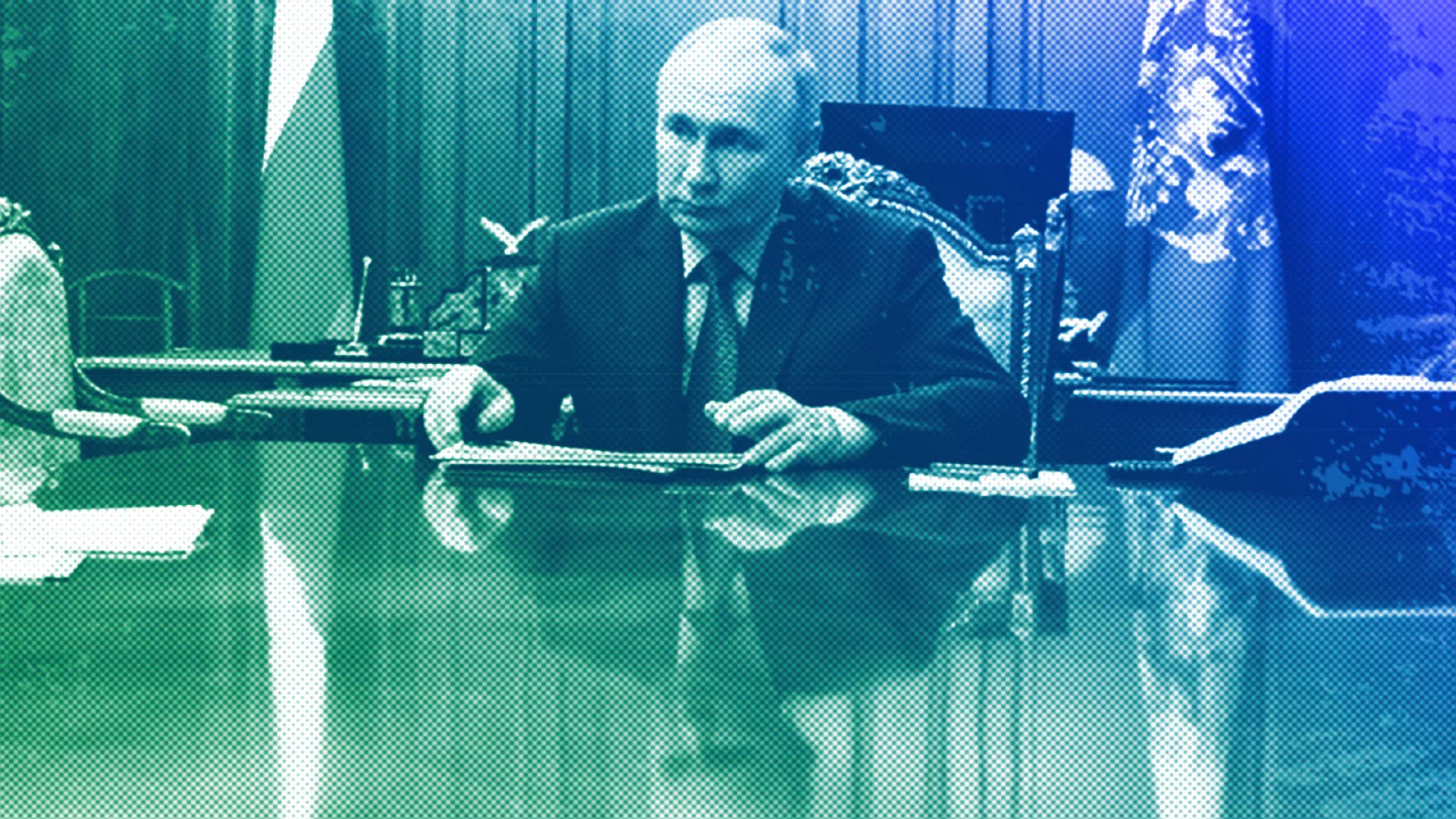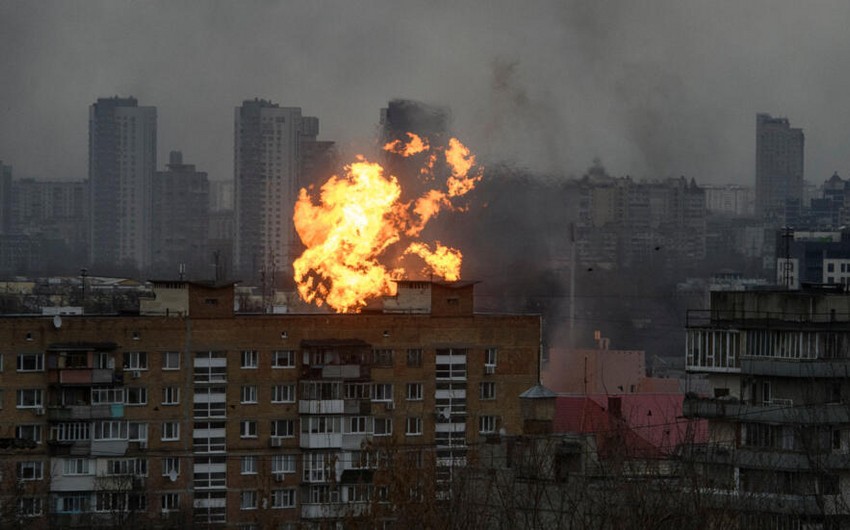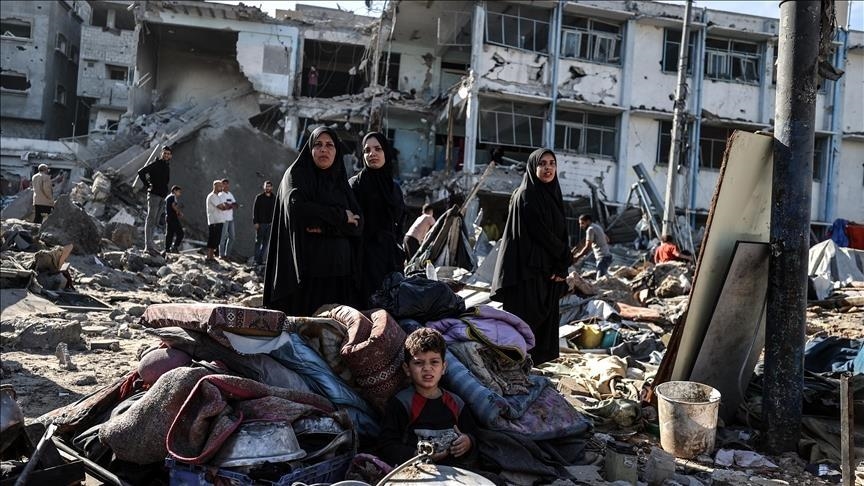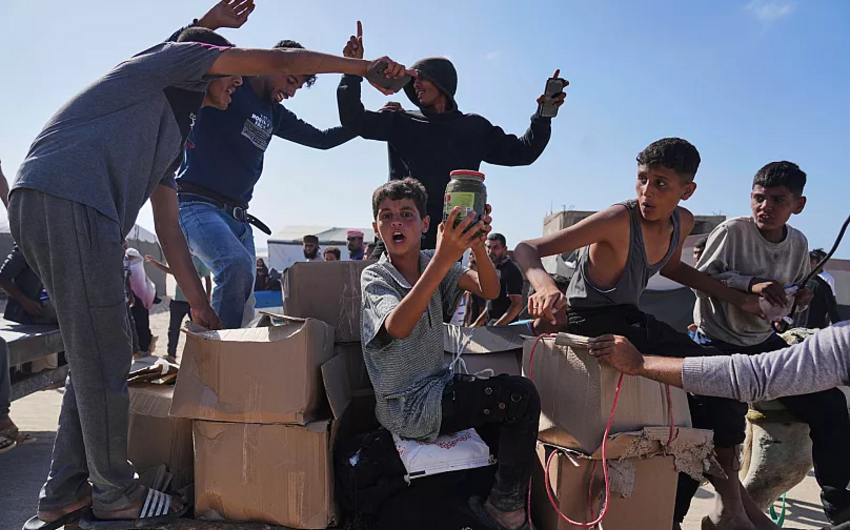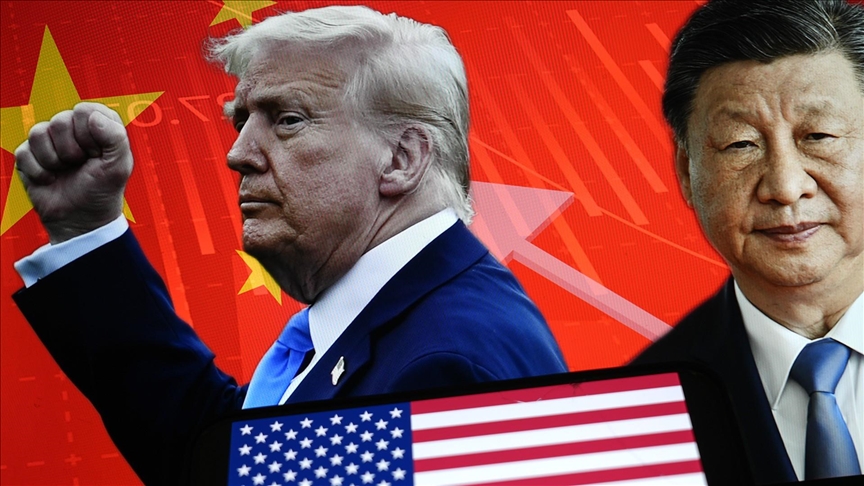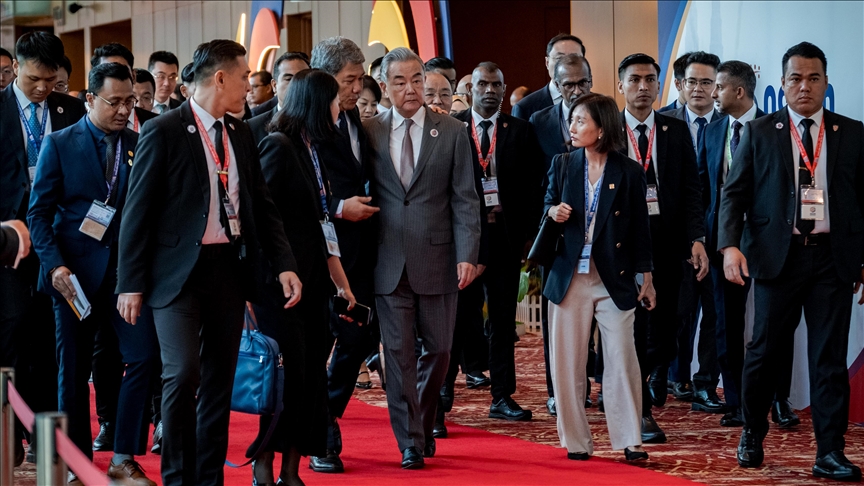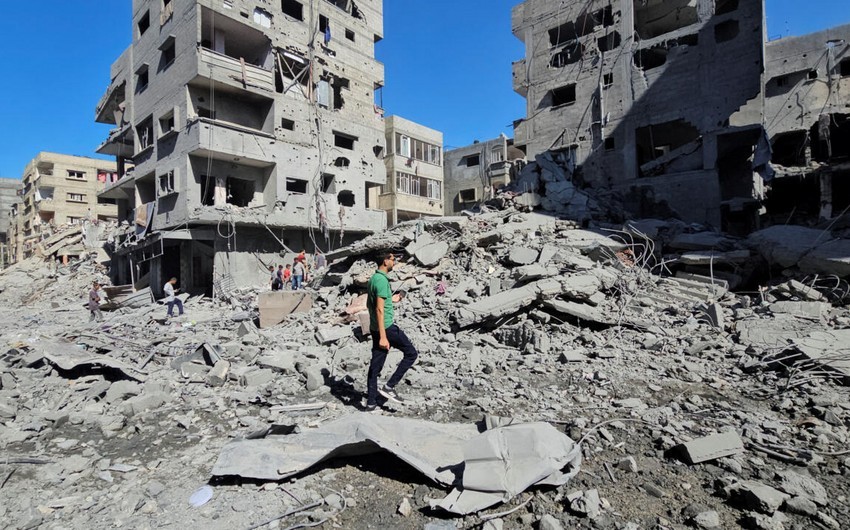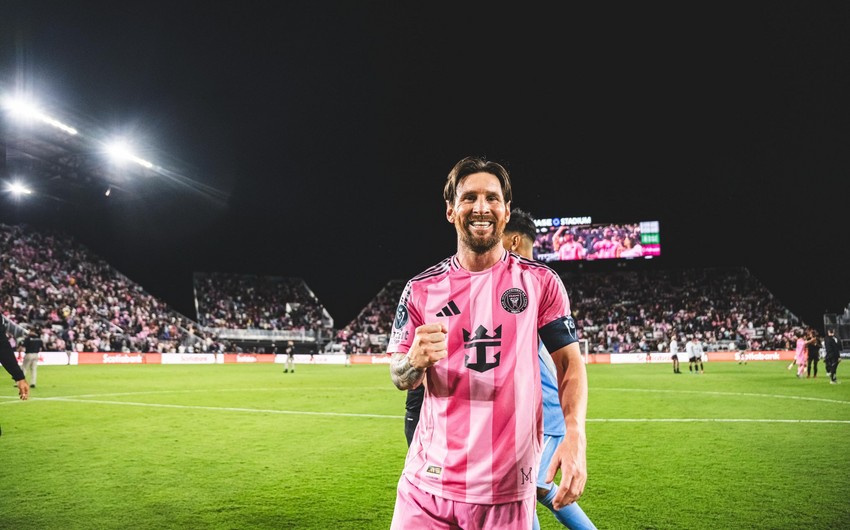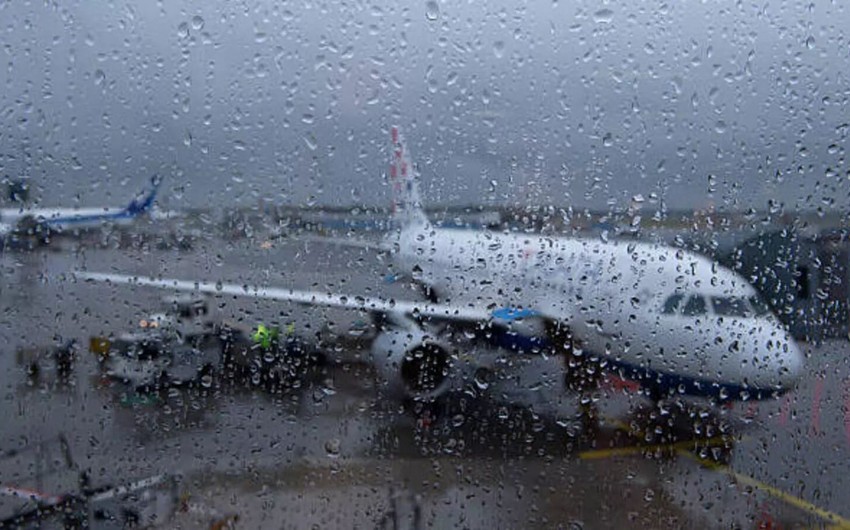Lithuania has been steadfast in its support for Ukraine. It remains in the top three largest donors by GDP of all NATO nations and its people understand more than most the threat Russia represents.
Since the fall of the Soviet Union, we have witnessed Russia becoming progressively authoritarian under Vladimir Putin’s leadership. His objectives remain the same as under the former communist bloc: disrupt, expand and influence.
These geopolitical games for power are being played beyond Europe, including in the nations of the "Global South". Putin hopes that by pressuring these rapidly developing countries, he can create new diplomatic rifts between them and the West.
With division comes an opportunity for Putin to split global support against his invasion of Ukraine and build a new network of Russian client states.
It all boils down to Haftar
The fragile nation of Libya is the most prominent example of this and the launchpad for much of Russia’s campaign in sub-Saharan Africa.
Since the fall of Muammar Gaddafi in 2011, Libya has struggled to find a democratic footing. Conflict constantly looms between rival governments and strongmen vying to control Libya’s abundant oil and gas resources.
Russia has taken advantage of this instability and has increased its engagement with the predominant strongman in the east of the country, General Khalifa Haftar, who leads a large militia known as the Libyan National Army (LNA).
To realise this ambition of a Libyan client state under the Haftar clan, Russia has reinforced Haftar’s nefarious activities, including fuel smuggling and currency printing and has commenced discussions to escalate the military partnership through a Russian nuclear submarine base at the port of Tobruk.
Not only do these developments pose direct economic threats to European energy assets and supplies, but they also present military threats, as the Mediterranean will be opened to Russian forces.
As a nation, Libya is of key strategic import to Putin. He sees its proximity to southern European states like Italy and Spain and knows influence over important energy resources can be used to leverage European energy and foreign policy.
Libya remains the starting point for most migration journeys into Europe — something further conflict in the country will only increase.
Combined with its wealth of resources, Libya could not be a more attractive platform for Russia to base its operations in Africa, and connect them with supply routes in Syria.
Funnels, proxies and vassal states
Libya has proved to be an ideal funnel for Putin to insert his Russian mercenaries, driving Russian proxy forces into the heart of Africa. Sudan, Mali and other Sahelian states have all felt these repercussions as Russian fighters, bent on mayhem, are let loose alongside militias, juntas and rebel forces.
This game plan is already delivering returns in countries such as Niger and Mali, whose upstart military governments have also recently severed ties with Ukraine.
To expand this corridor of chaos in Libya, Putin has looked to hold sway over important national institutions.
The National Oil Corporation (NOC), under Chairman Ferhat Bengdara, is continuing to succumb to the corruption enabled by the divisions in the country, with billions of dollars of public funds still unaccounted for, helping drive the much relied upon Libyan oil industry into the ground.
In the past few weeks, an escalation from Haftar’s forces has brought new uncertainty to European energy security as vast oil fields like El Sharara are blockaded and closed by his LNA, with a slow and limp verbal response from his allies in the NOC.
As more of Libya falls under the influence of Haftar, there is a real prospect of it becoming a vassal state for Putin.
Russia wants to keep NATO solely focused on the developments in Ukraine, making us oblivious to his imperialist plans elsewhere.
NATO must remain united in the face of growing energy security challenges and work collectively in our ambitions to support efforts against these geopolitical games.
Only then can we ensure that Russia feels the full force of international sanctions and that our allies in Ukraine are successful.
Autor: Matas Maldeikis is Deputy Chair of Future Committee and member of the European Affairs Committee in the Lithuanian Seimas.\
Source: Euronews

